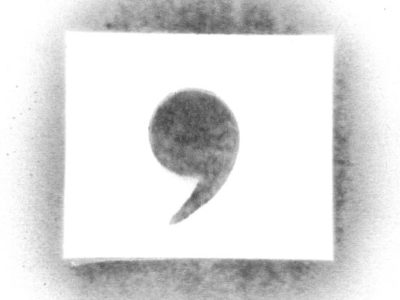Most editors need to have an intricate knowledge of Associated Press (AP) style, meaning that certain publications’ punctuation, abbreviation and syntax should all coincide with the AP Stylebook—“the journalist’s bible.”
You’ll notice there’s no Oxford comma in that last sentence.
For those of you who haven’t heard yet, grammar nerds—both young and old—can’t stop talking about rumors of Oxford University, the Grand Poobah of punctuation, putting the kibosh on the Oxford comma. Also known as the serial comma, this is the comma that comes before the conjunction in a series of three or more items (before “and syntax” in my intro).
You might be thinking, “Who cares?” (So is Vampire Weekend.)
The answer, surprisingly, is a lot of people (myself included). Ever since Wednesday, when Oxford made the announcement, Twitter and Facebook have been abuzz with people either rejoicing (shame on you) or mourning.
Yes, AP style is ingrained into my mind as an editor, so the Oxford comma has no place in my own journalism pieces or articles I edit. However, I love (yes, love—the relationship is strong) the Oxford comma and I use it generously in creative writing, academic essays and emails.
I’m one of very few Oxford comma supporters who will admit that it isn’t always completely necessary, but I really do believe it can make a difference. For example, if I were to thank “my parents, Jane and God” for my writing skills, I could run into some trouble.
The funniest part of this whole grammar world nervous breakdown is that the rumor isn’t true. Oxford University decided to omit the Oxford comma in its press releases and internal communications, but it hasn’t changed its century-old authoritative style guide.
So, supporters—relax. Close your eyes, take a deep breath, and use the Oxford comma.



















